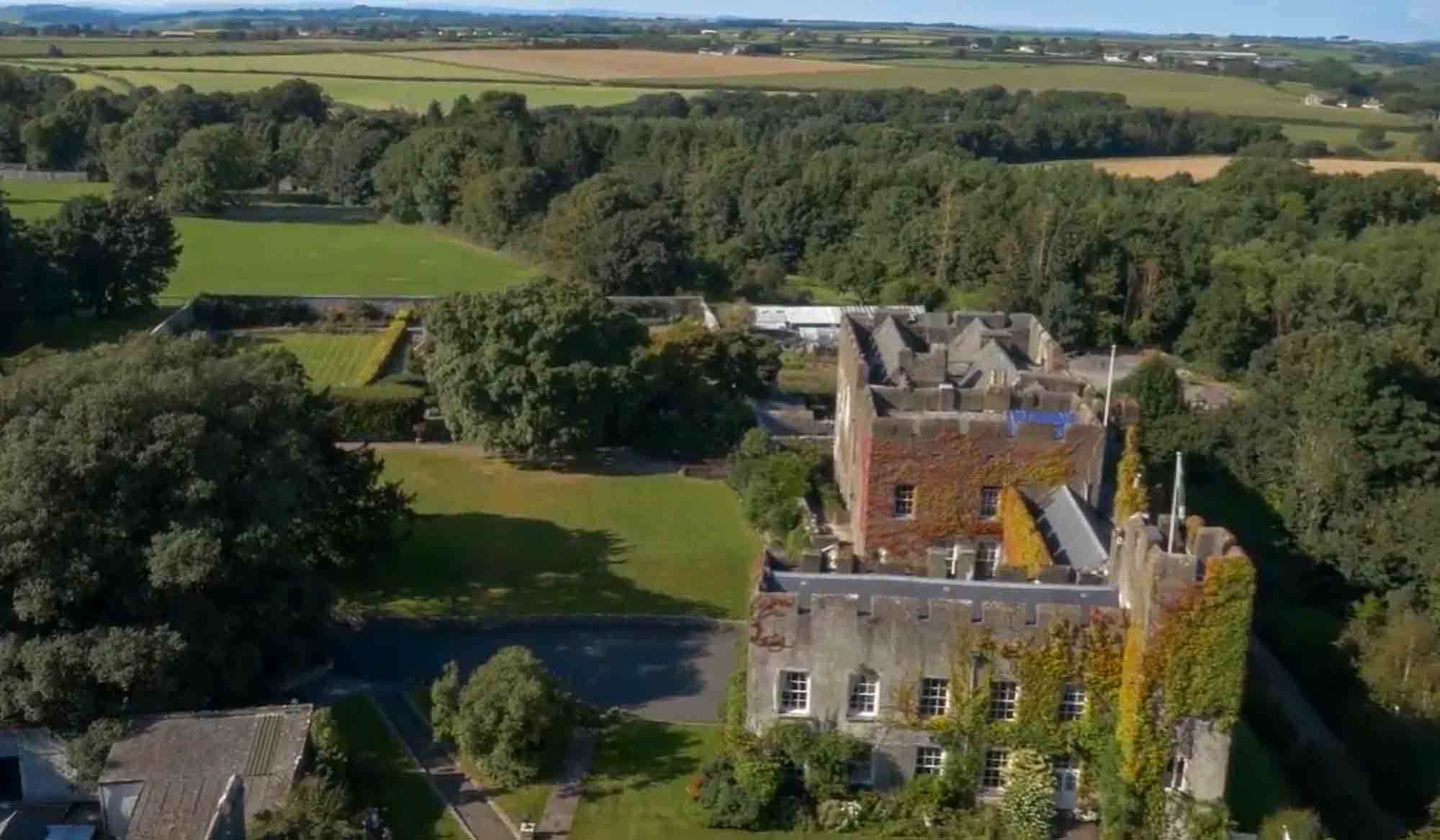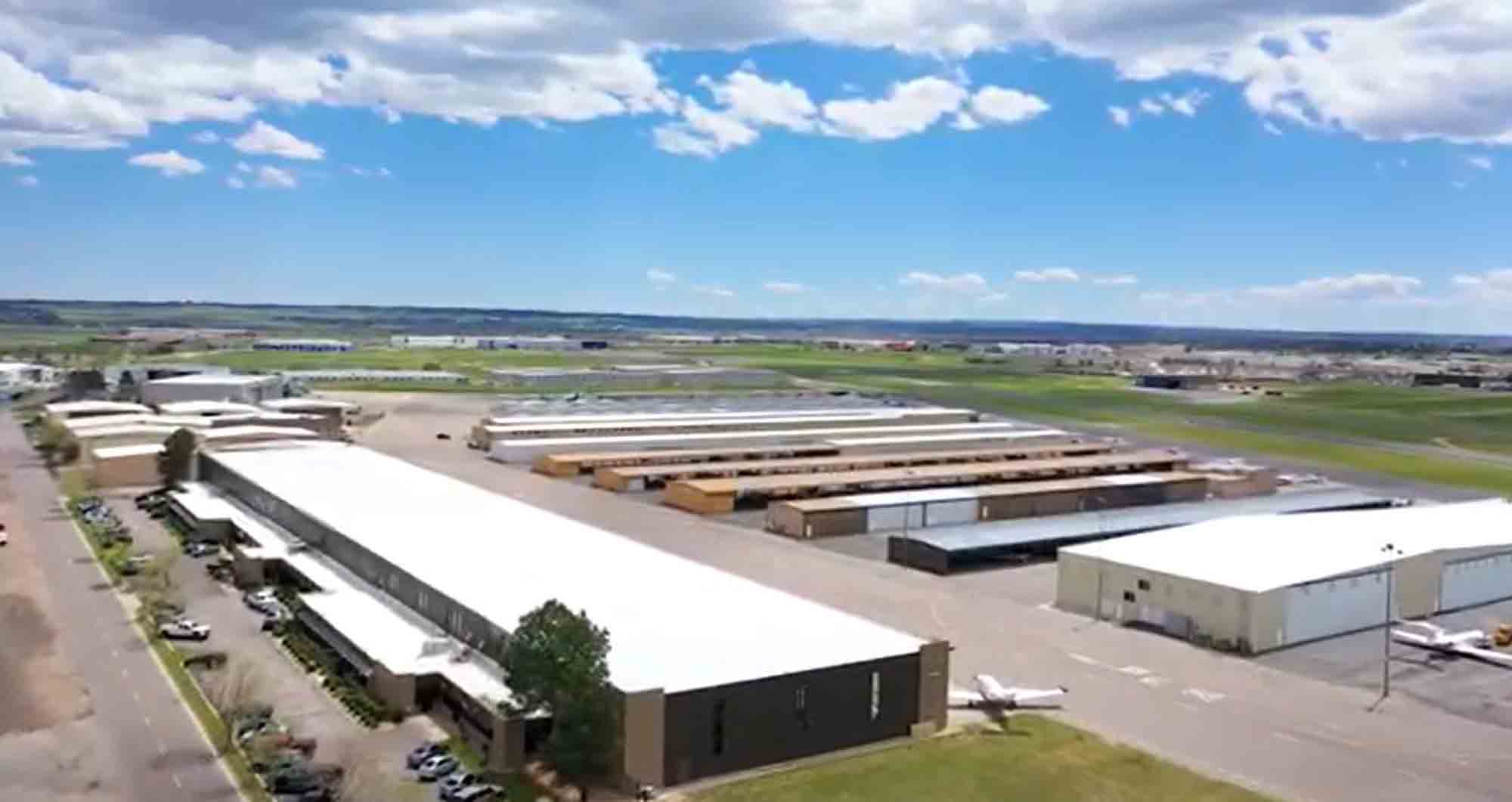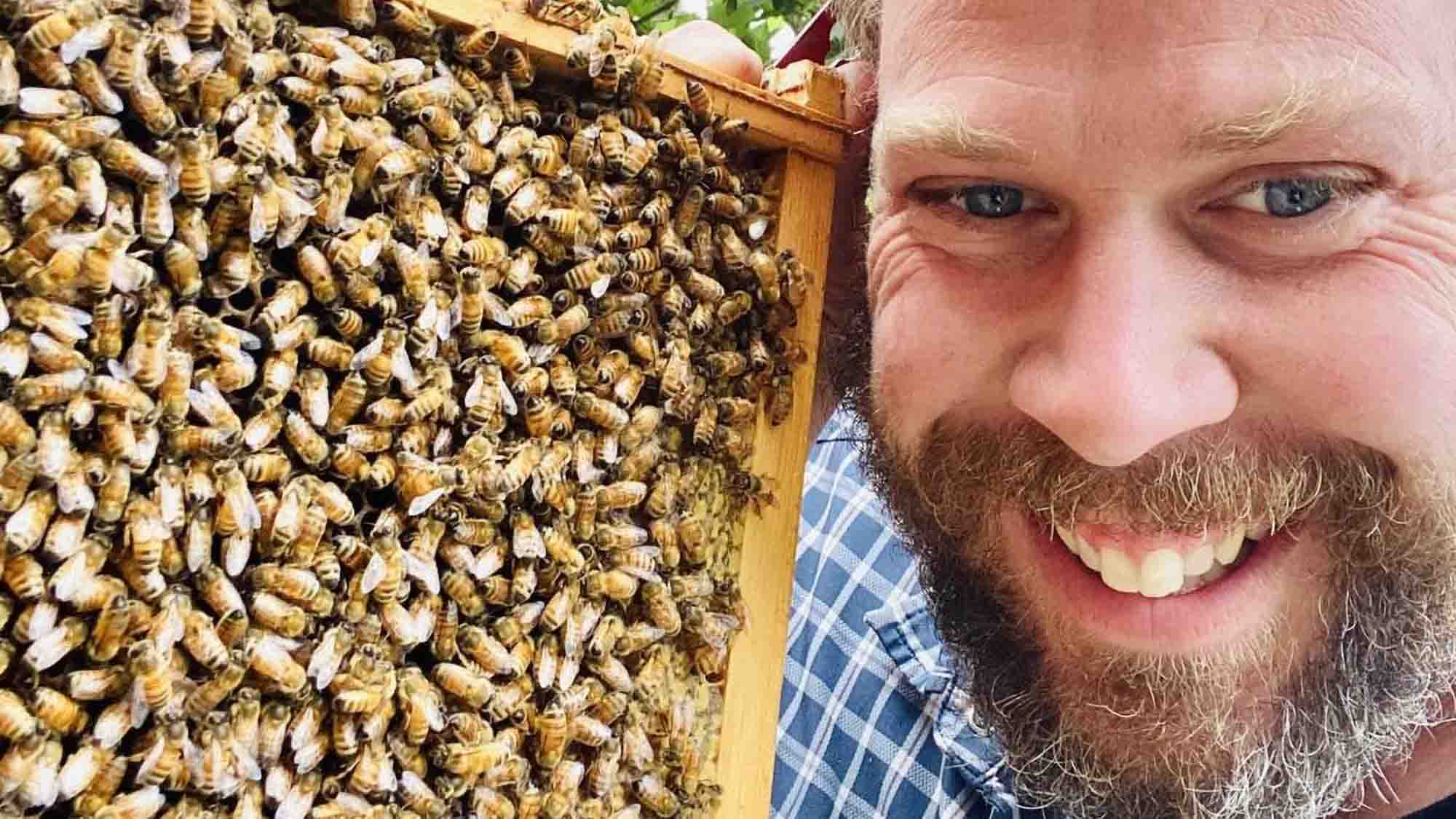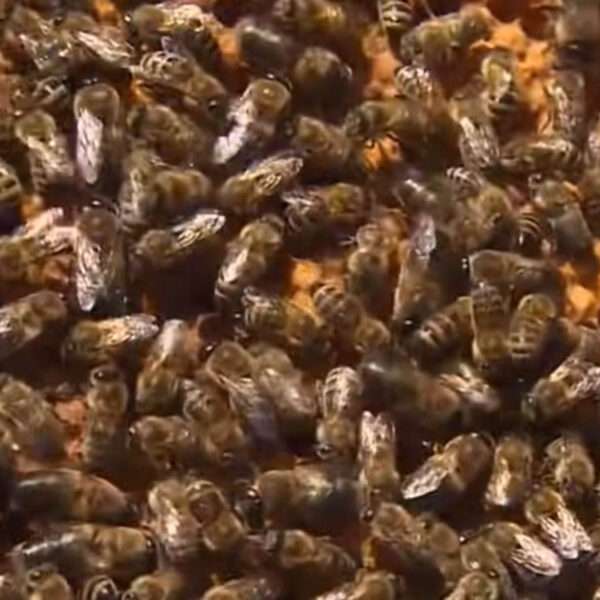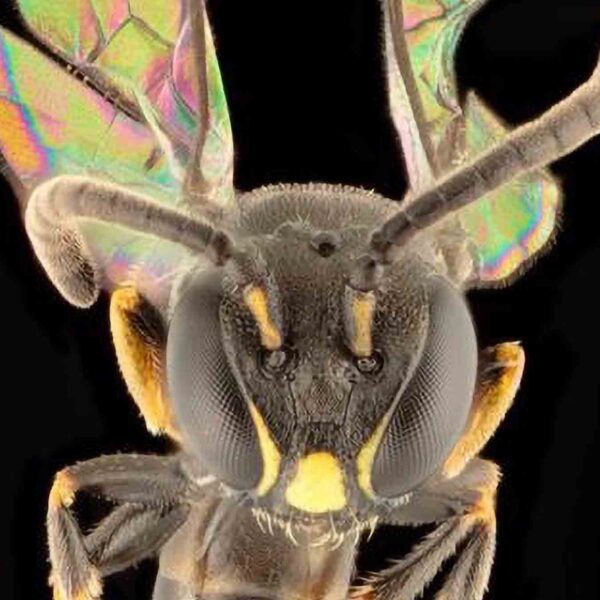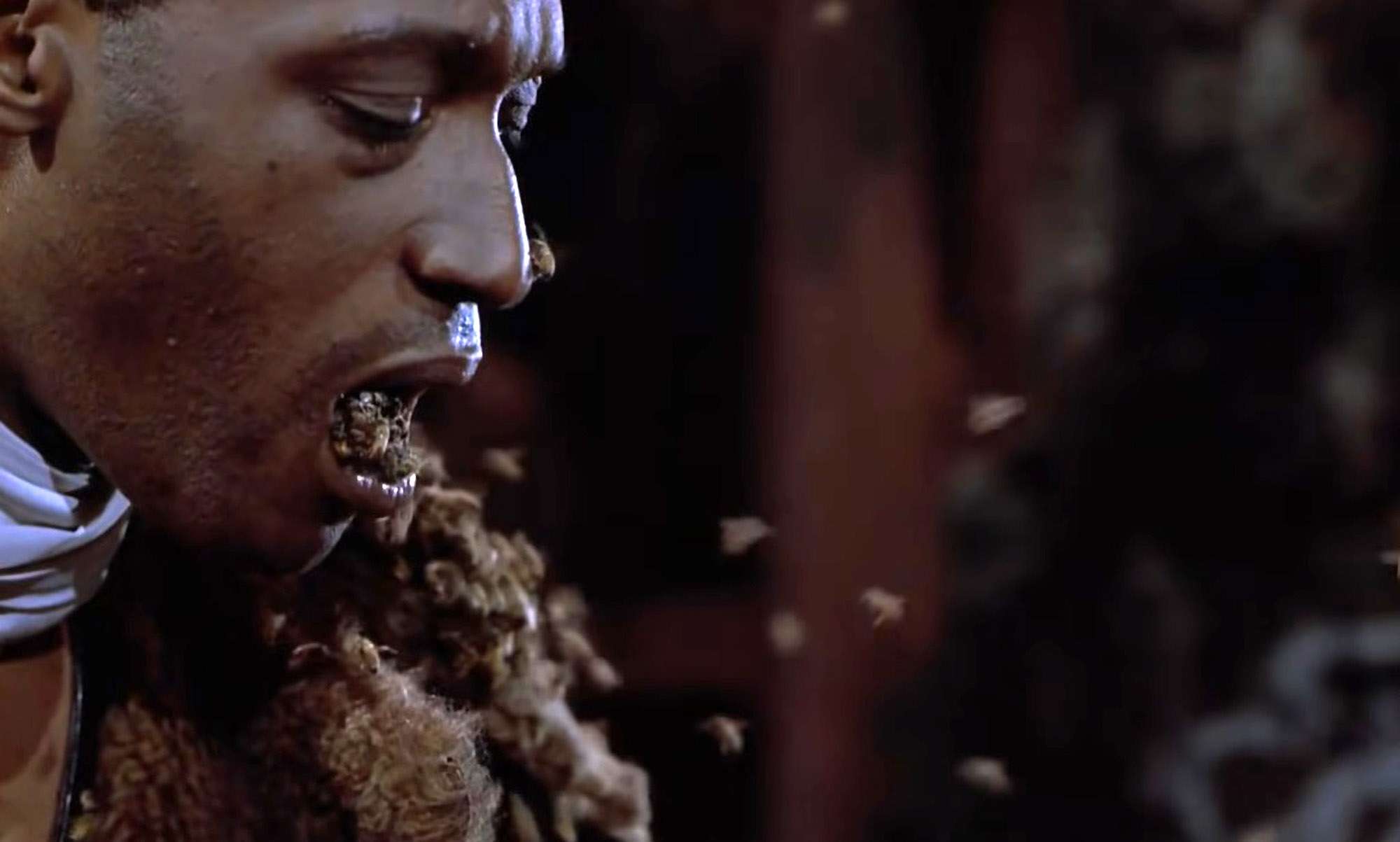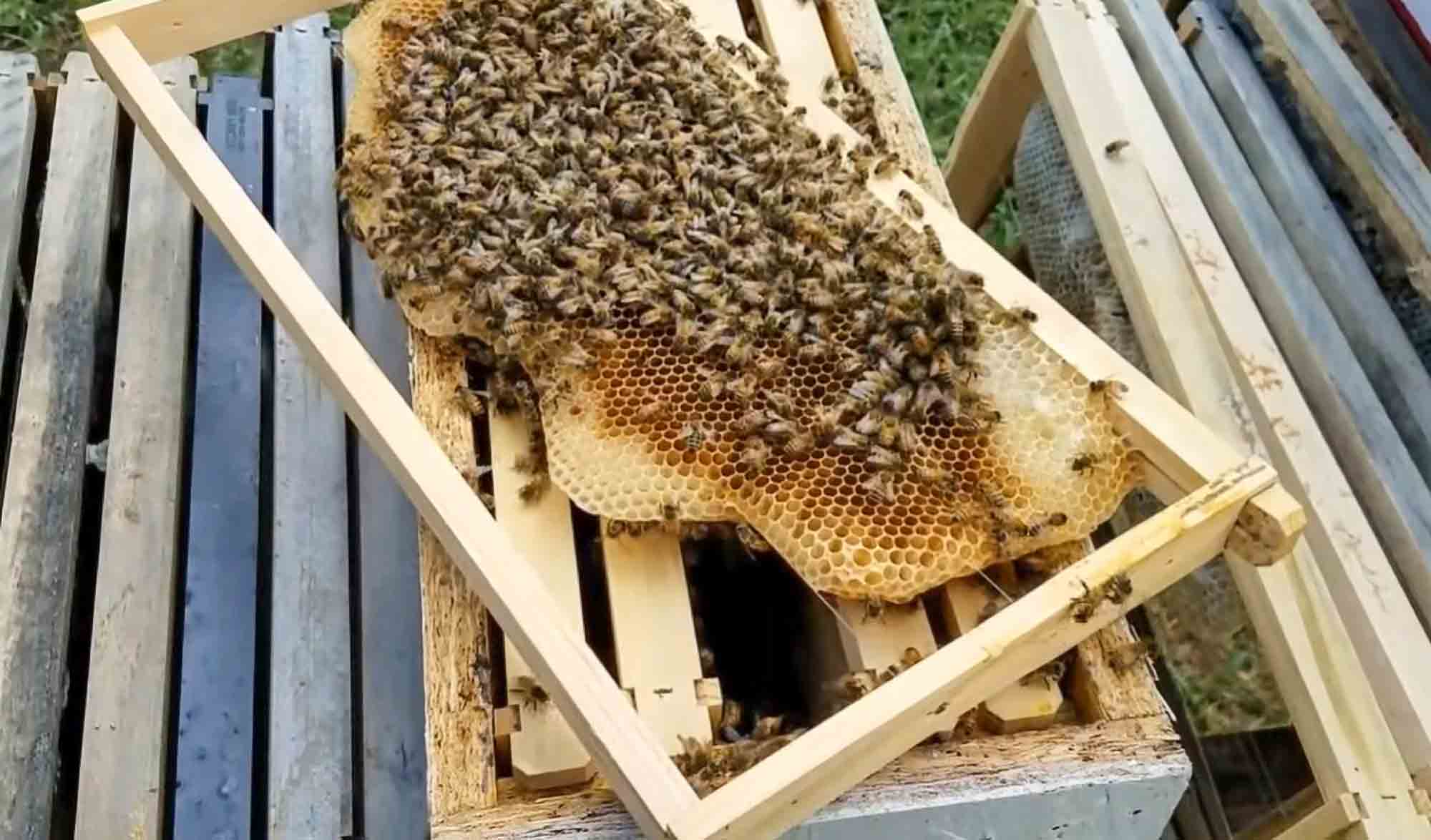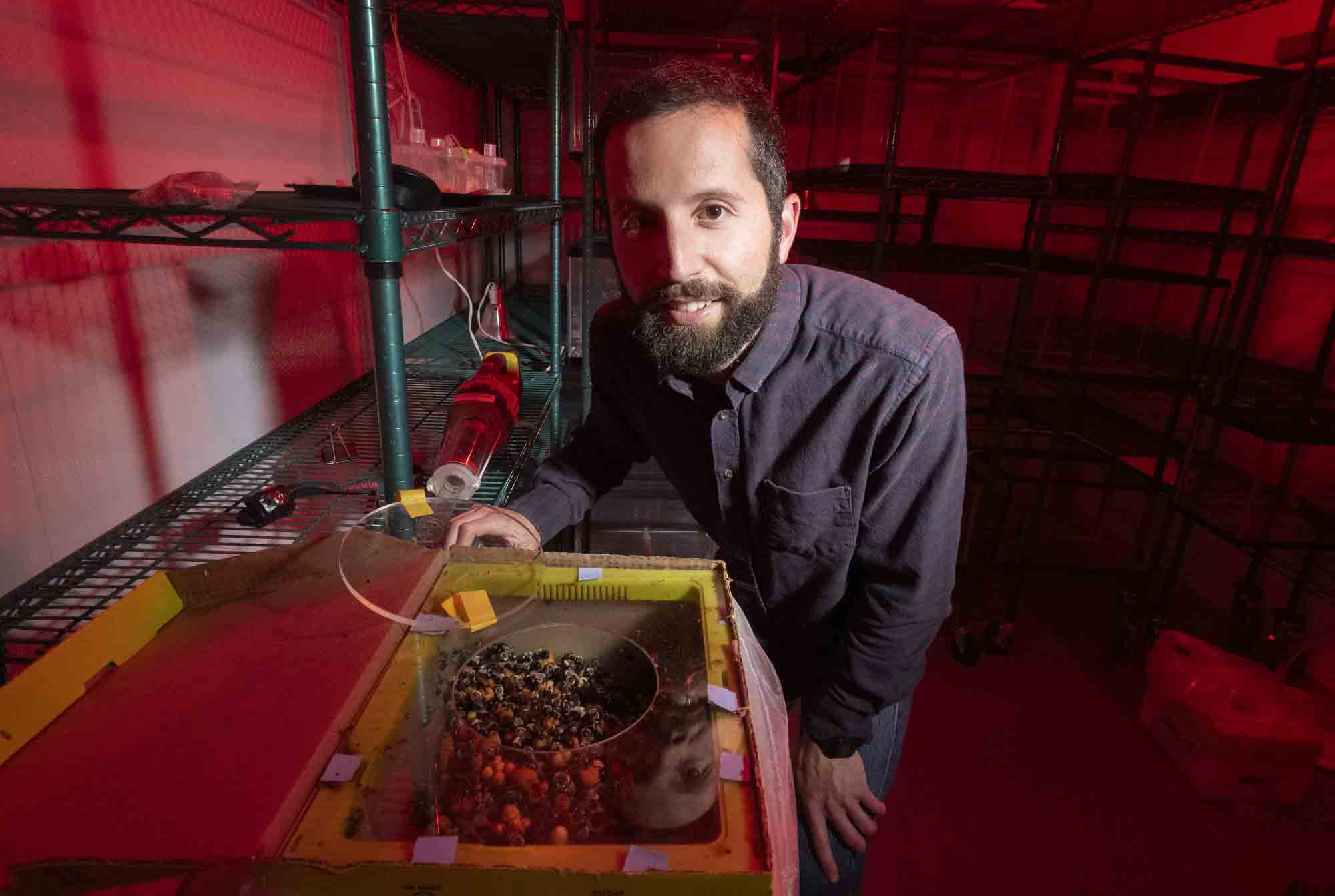A Welsh beekeeper has warned of the huge damage plundering rodents can cause at apiaries during the cold season.
Harold Williams manages an apiary at the medieval Fonmon Castle in the Vale of Glamorgan, southeastern Wales.
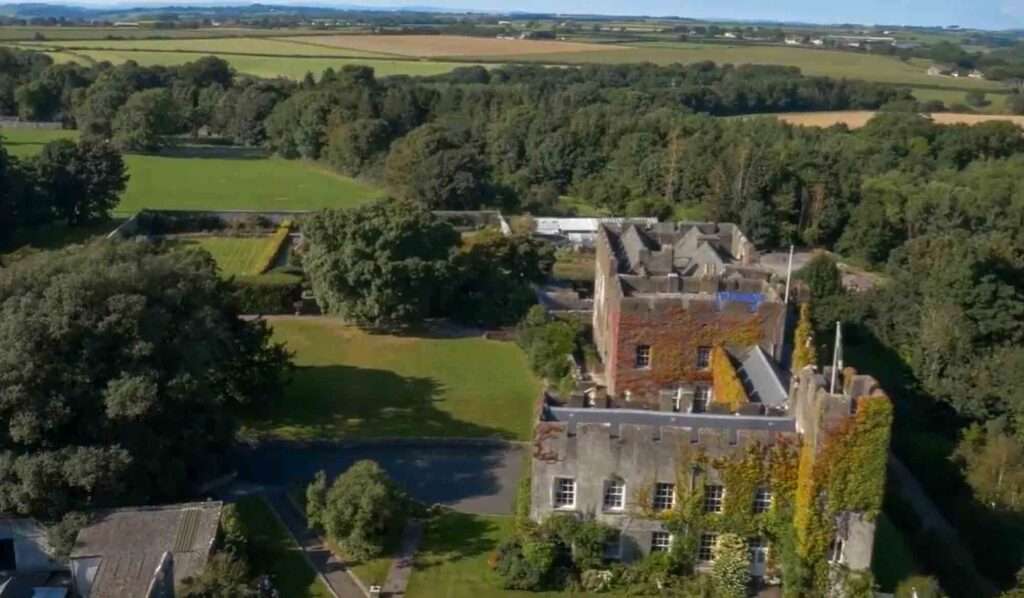
In an essay for the Glamorgan Star, Harold advises beekeepers to set up a mousetrap at the entrance of the hive in winter.
He warns: “Lack of the protection provided by the mouse guard can and will often lead to the loss of a colony.”
Harold – who is one of the local newspaper’s regular columnists – emphasises the risks the pollinators’ reduction of activity is posing.
He explains: “Honeybees do not hibernate but the lower temperatures do bring about a lessening of activity. The bees become comatose and form a cluster on the centre frames in the hive.”
The device Harold recommends – a metal strip with several small holes – does not keep the insects from exiting or entering the hive. Honeybee swarms generally start foraging once temperatures are on the rise again at the end of the cold period.
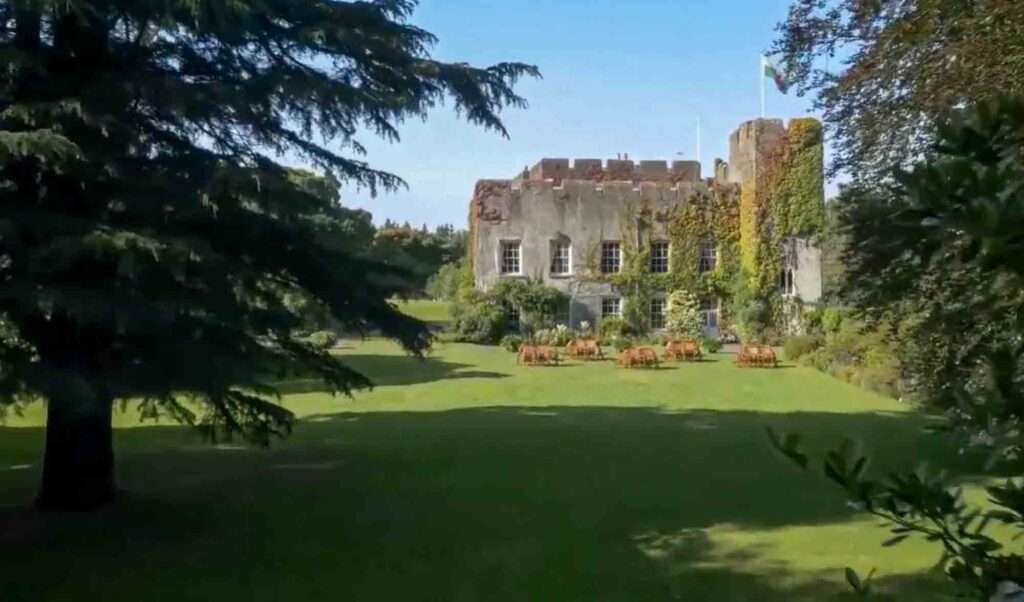
Outlining the potential fate of unprotected apiaries, Harold writes: “Mice will enter and the bees in their comatose state cannot protect their food stocks from being plundered by this invasion.”
He warns that “sub-zero conditions will render the bees immobile and this is when the mice seize their opportunity. Frames without bees on them are plundered and with no stores to feed on, starvation kills off the colony.”

